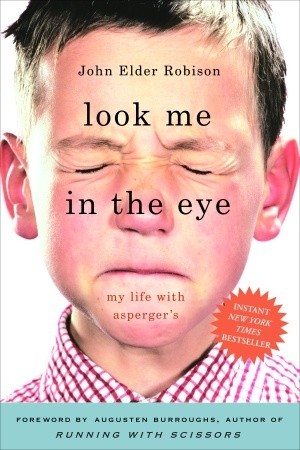 The Best of Gene Wolfe:A Definitive Retrospective of His Finest Short Fiction
The Best of Gene Wolfe:A Definitive Retrospective of His Finest Short Fiction by Gene Wolfe is a collection of short stories seemingly edited by Wolfe himself, containing stories written spanning the early 1970s to late 1990s, ranging from one to fifty pages each with an afterword. Wolfe mostly writes SF and fantasy stories with a literary bent, sometimes putting an interesting spin on classic tropes and genres.
These stories are chock-full of allusions to literature, mythology, and religion, Christianity and more specifically Catholicism. Wolfe's a prose stylist, which combines well with his penchant for unreliable or uninformed narrators, ambiguity and abstruseness, and varying story structures. This makes for both a delightful and exhausting read, so I'd recommend putting space in between his stories.
The standout stories in the novel were
The Fifth Head of Cerberus,
Hour of Trust,
Forlesen,
Westwind,
The Hero as Werwolf,
Straw,
Seven American Nights,
And When They Appear,
Bed and Breakfast, and
A Cabin on the Coast. The rest of the stories are of varying quality, with a few duds, like one of Wolfe's most celebrated short story/novella
The Death of Dr. Island.
 The Remains of the Day
The Remains of the Day by Kazuo Ishiguro is by far my favorite novel I've read this year. The novel follow an aging butler traveling the English countryside to visit a former coworker, all the while reflecting on his career and service to his former employer, an important lord during the pre-WWII period.
Ishiguro's magnificent prose thoroughly enters the mind of a person devoted to their profession and employer that he cannot, in a sense, be normal. A person so devoted to the immediacy of the work and its importance, that he cannot see the obvious, which is slowly peeled away in his ruminations, confounded by the unreliability of his memories and his reluctance to draw them out into their full light. It's a tragic and powerful character study that'll stick with you.
The film version is a great adaptation, yet can't compare with the close first person narrative of the novel which focuses so much on memory and interiority.
 The Stranger
The Stranger by Albert Camus, translated Matthew Ward, is a short novel that revolves around Meursault, a man living in French Algeria, whose mother has just passed. Immediately from the beginning of the novel you get a taste of Meursault's character, a man who lives in the present with not much care for the expectations of others. This leads him into trouble of course.
Camus' sentences are mostly simple and terse, with Camus aping the "American" prose style as explained by Matthew Ward, fitting the nature of novel. Meursault muses on the absurd nature of life; his life seeming to fall into some form of existentialism. It's a decent novel, until Meursault becomes heavily introspective, making for a great ending.
---
I'm going to start
Interpreter of Maladies by Jhumpa Lahiri soon, a collection of short stories.












